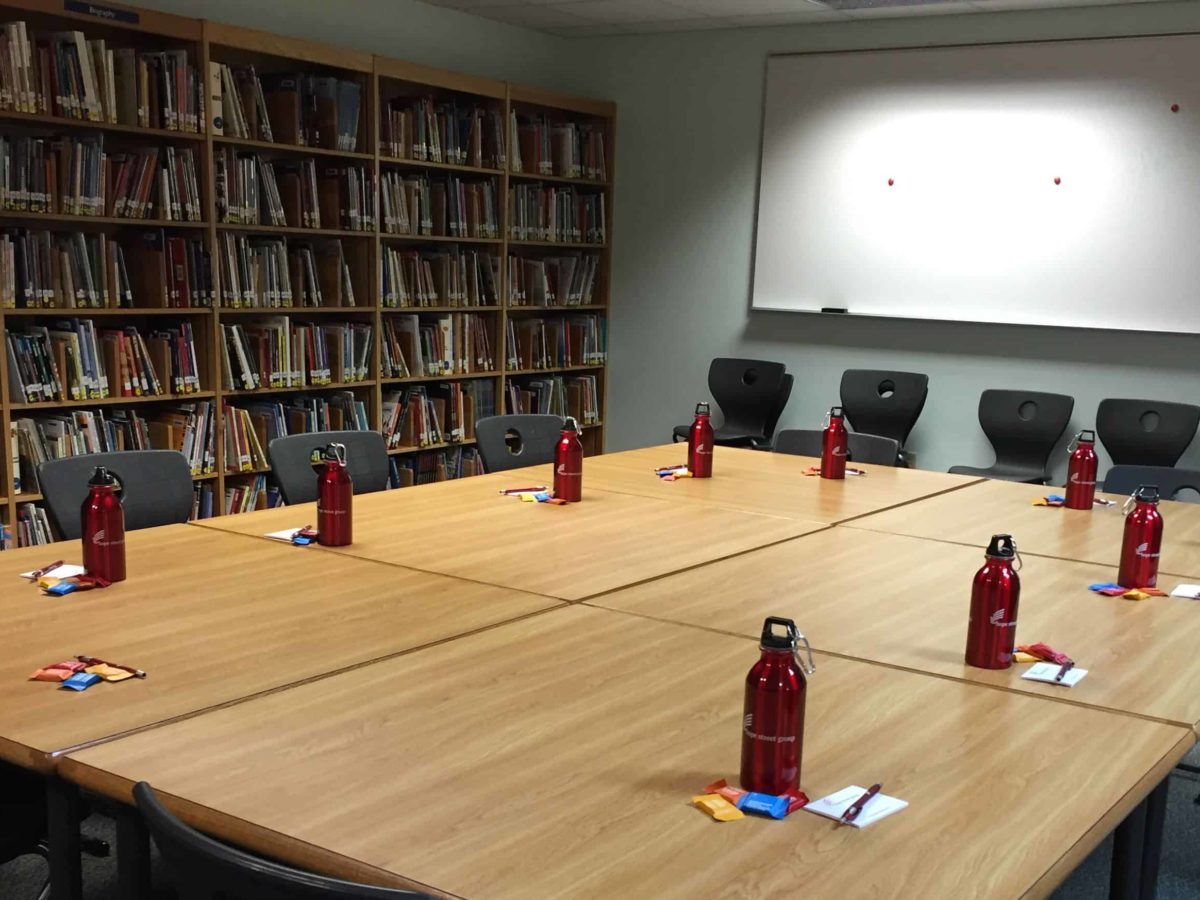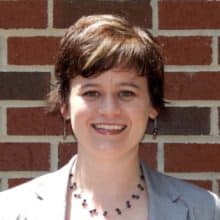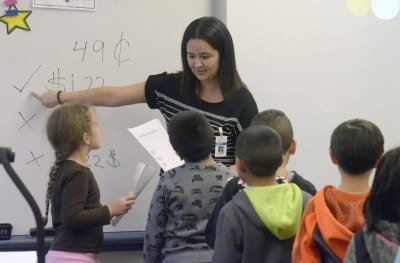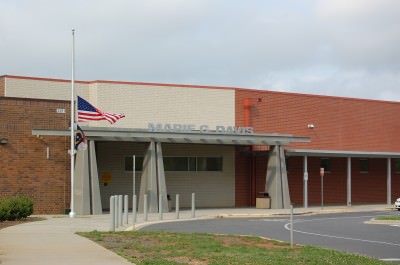

One of my core values is personal growth. I believe firmly that I am a work in progress as an educator, just as my students were as learners. I view the teachers I support in my current role as an instructional coach through the same lens. This drive for personal growth motivates me to seek out professional learning experiences that challenge and inspire me and help me build my professional learning network with forward-thinking educators.
As a 2013-14 Kenan Fellow, I partnered with N.C. Department of Public Instruction consultants in the Learning Systems division on a project called Leading Educators to Home Base for the launch of Home Base. I spent the summer of 2013 locating open educational resources and evaluating them with the NC Summary Rubric, modeled off the Achieve, Inc. Open Educational Rubrics. I then tagged the resources with metadata so that teachers could search for the resources in Schoolnet or the Instructional Improvement System component of Home Base. Throughout my year-long fellowship, I acted as a Home Base Ambassador for Region 8. In that capacity, I had the opportunity to share my Schoolnet experiences with both the State Board of Education and a Home Base Workshop for Legislators. For my Kenan Fellowship project, I created and delivered professional development for teachers on how they could search Schoolnet for NC DPI-vetted, standards-aligned instructional material and assessment items.
Unfortunately, the rollout of Home Base and Schoolnet had many stutters, stops, and false starts. Without getting into specifics, I will say that the system did not initially live up to its billing as a time-saver for teachers, and many teachers continued to turn to other digital tools to support their instruction and the learning of their students. With improvements, Schoolnet has become a tool that many teachers now use.
With improvements, Schoolnet has become a tool that many teachers now use.
I saw a shift in Henderson County teachers’ mindsets about Schoolnet when the curriculum and instructional staff administered our district-created benchmarks for End-of-Grade and End-of-Course subjects through Schoolnet. When the power of Schoolnet — the data analysis reports — became apparent to teachers, teachers changed their minds about its usefulness. Teachers could disaggregate their students’ performance data on a common assessment by item analysis, skill analysis, or standards mastery, and then search for instructional materials and assessment items tied to that skill or standard. That’s when Schoolnet became a time-saving tool teachers could use to improve their instruction for their students.
Math teachers began to use the Express Test feature to reassess critical standards with which students struggled based on their benchmark scores. Teachers in a 7th-grade science PLC used Schoolnet to create common quarterly assessments and informed their instruction with the corresponding data. Language Arts teachers searched for question stems by standard to determine how state-level test writers might interpret the Common Core standards. A high school world history teacher created a pre-assessment to collect baseline data about his students’ knowledge of world history topics.
It was at this point where I could truly begin to leverage the connections I had made through my Kenan Fellowship. I worked closely with the district PowerSchool Administrator to determine what roles and rights instructional coaches and classroom teachers needed in Schoolnet. I collaborated with my district curriculum leaders and testing coordinator to revise our English 2 and grades 6-8 reading benchmarks so that these assessments gave classroom teachers data that was more useful and impactful to their instruction. Going forward, we are exploring what custom reports we can build that might assist teachers.
The Kenan Fellows Program works to empower educators to become change agents in their schools. My current work with Hope Street Group’s NC Teacher Voice Network shares this vision.
Both organizations want to elevate the teacher leader and see teacher voice as an essential component in making educational policy decisions and solving key issues in public education.
As a NC Teacher Voice Fellow, my goal is to amplify the teacher voice by building a professional learning network (PLN) across Henderson, Polk, Rutherford, and Cleveland counties. Through surveys and focus groups, I helped to collect teacher opinions on key issues like educator effectiveness, changes in resources, and being treated as professional. In the coming months, the NC Teacher Voice Network will disseminate a report of the data we collected from teachers to the State Board of Education, NC DPI, and teachers across the state. We will repeat the process with our spring data collection.
In the meantime, the NC Teacher Voice Network continues to engage teachers, policy-makers, legislators, business leaders, and other stakeholders. We write editorials, blog posts, and articles. We continue the conversation about collaborative solutions to the challenges facing public education in North Carolina on Facebook and Twitter. We add our voices and we amplify the voices of the teachers around us.
We have to reach out to innovative and problem-solving educators beyond our classroom walls so we don’t become stagnant.
The banner on my website includes this quote from Lev Vygotsky, “Through others, we become ourselves.” As educators, we have to constantly resist becoming islands in our classrooms. We have to reach out to innovative and problem-solving educators beyond our classroom walls so we don’t become stagnant. My hope in sharing my experiences with the Kenan Fellows and Hope Street Group’s NC Teacher Voice Network is to model a mindset that I would love to see catch fire in North Carolina. I want to see teachers’ passions for education spread across the state. Most importantly, I want to see teachers bring that passion back to their classrooms and to the people who matter the most in this profession: The students.




